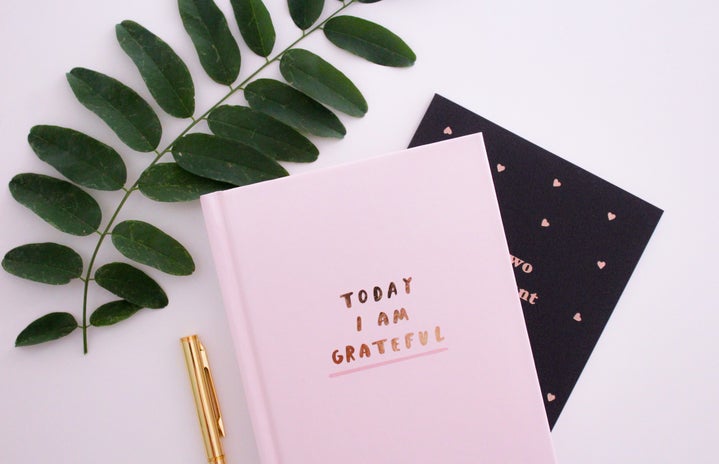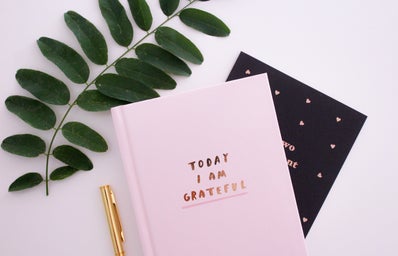Many people find journaling to be something that ends up stressing them out and becoming more work than it is worth. In fact, a lot of the advice people get about journaling is actually wrong.
See, the parts about journaling being life enhancing are true — but the advice about how to reap the benefits of this practice, tend to be wrong.
The Correct Way to Journal
People who suggest journaling rules and everyday entries are usually basing their ideas off of how doctors tell them journaling can help their mental health. For certain people, especially those with anxiety it is easy to find peace in having all the aspects of their day written down. Perhaps this method works for you, but for most it usually doesn’t.
However, for people who much rather enjoy writing about exciting events in their lives or just want a catalog of their life to look back on, it is completely pointless to journal everyday.
Most of the time, aspiring journalists fall into the later category but receive advice from people that assume that there is any correct way to journal in the first place. When this happens, people hold themselves to ridiculous standards, become stressed by the new job journaling has created for them, and then never journal again because they’re stressed enough already and everything now means nothing.
Let us remember, some people who think they want to journal may find out that they really do not like it. However, before deciding that journaling is not for you consider this: What do you expect to get out of journaling?
To explore this question, we should examine what makes a journal exciting to different people.
Creative Freedom

A fun way to find an interest in journaling, especially if you aren’t sure which direction you are going yet, is to experiment with adding things like pictures, pressed flowers, artwork, or maybe even a pocket in the back of the journal to document any other non-paper memories.
When I started journaling, I invested in a personal photo printer, (mine was an HP Sprocket, but it doesn’t matter which you get.) This allowed me to print small 3×2 photos and keep any of the memories that I felt were better explained in a picture. After all — a picture is worth a thousand words, and you can probably save yourself some writing as well.
Adding a pocket in the back in a perfect way to keep non-paper memories like friendship bracelets, awards, etc. By using a pocket you can also keep things like your old letters and other memorabilia.
A Structured Approach

For some people, a journal is a way to be accountable for the different things that they want to change and remember. There are habit journals, fitness journals, mental health journals and bullet journals — which can be used to help with all of those.
A bullet journal is a more structured, less artistically centered type of journal that allows its user to set goals while also letting them create their own designs and charts. It’s a beautiful and effective way to keep track of different dates, projects, habits, moods, fitness, and everything in between.
Still, for the more artistically focused minds, this journaling style can become tedious because writers tend to spend a lot of their time on the designs rather than the actual work in progress, itself.
However, experimenting can be the most freeing process because it allows journalists of all kinds to figure out what styles they like.
Somewhere in Between

Then, of course there are the people who fall between the lines of both journaling styles. They love to add elements of both bullet journal and the more artistically centered ones as well. All of which is great, journaling does not have rules. Rather, journaling works better for certain minds depending on how structured it is.
Whether or not you do “good” when you’re journaling is completely dependent on the goal and image you have in your head of how it will. So, next time you find yourself drawn to a journal, remember there is not right or wrong, just some pages and a cover that hold infinite potential.


